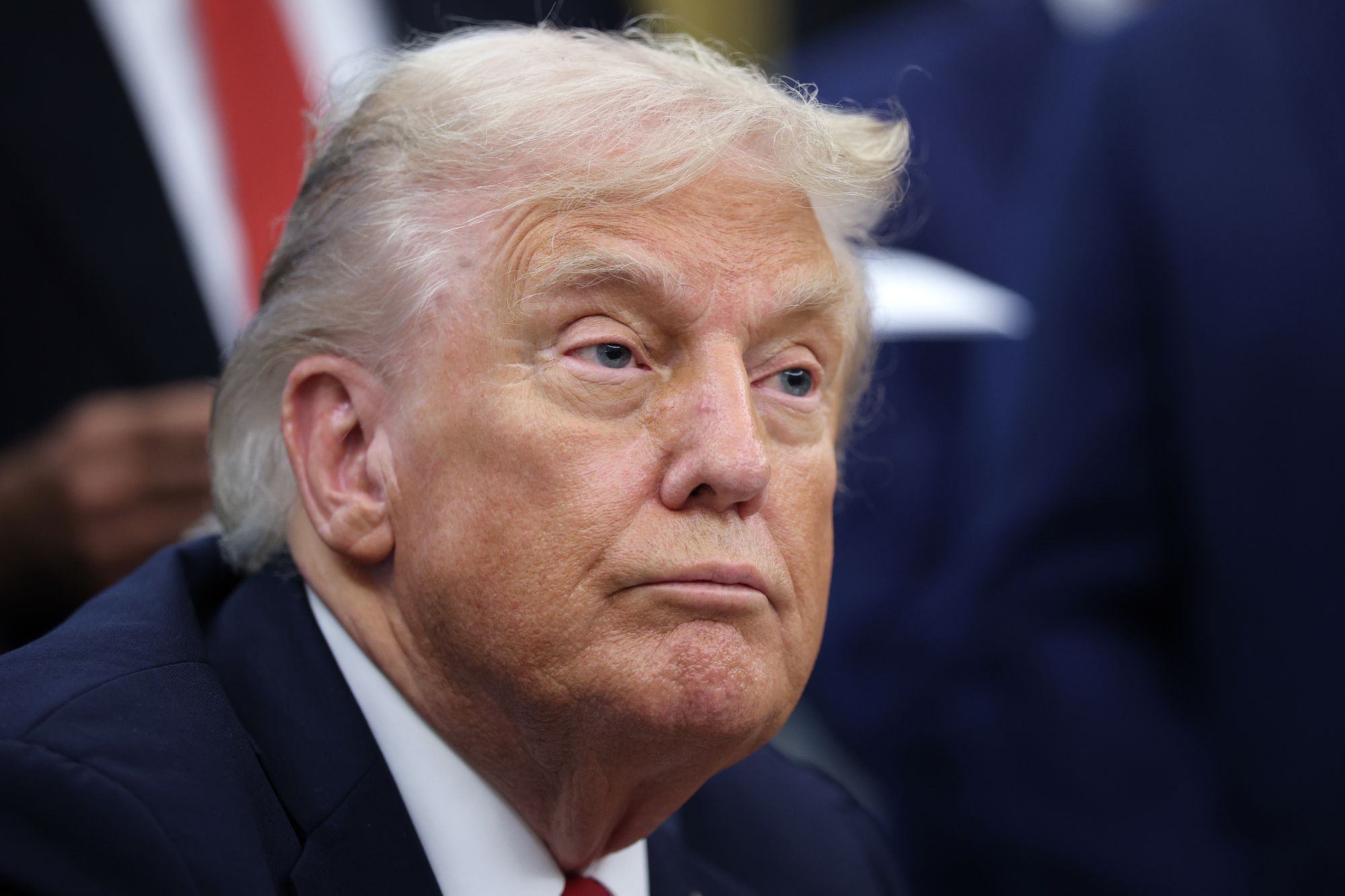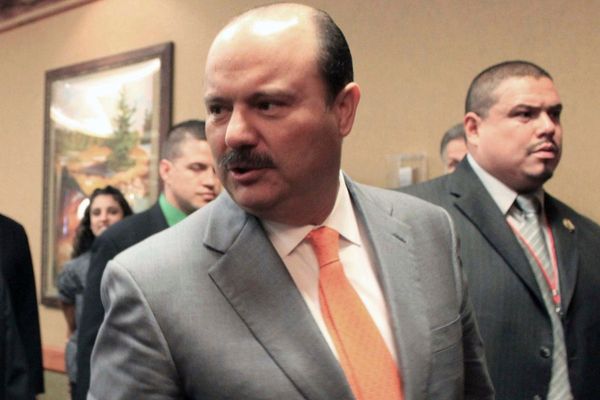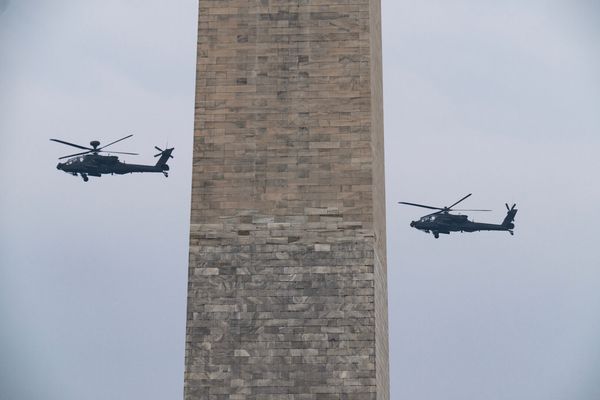Nike executives have warned that the struggling sport giant’s comeback faces a major obstacle in the form of $1.5 billion in expected costs from the Trump administration’s tariffs, up from the $1 billion figure the company projected three months ago.
But the Oregon-based company remains cautiously optimistic that it can reverse its recent slump, thanks to posting a surprise sales increase in the last quarter.
“Nike's journey back to greatness has only just begun,” CEO Elliot Hill said Tuesday during an analyst call. “Progress won’t be linear but the direction is.”
Other large U.S. companies have warned of similar costs, with Apple projecting in August that it will face $1.1 billion in tariff-related costs over the next quarter.
The impact of the administration’s ever-evolving roster of tariffs, many of which kicked in during August, is beginning to ripple out into the wider economy.
Small businesses, which often lack the resources of a larger company to stockpile materials or take other preemptive moves, have also reported feeling the squeeze from the tariffs.
“It’s hard to breathe,” Brandon Mills, a business owner in Las Vegas who produces custom apparel and merchandise, much of it imported from China, told The New York Times this week.
In addition to the existing tariffs, which have brought in more than $214 billion in revenues to the government, the Trump administration has announced a host of new levies, including a potentially 100 percent tariff on foreign movies and tariffs on pharmaceuticals, cabinets, upholstered furniture, and heavy trucks.
A survey by Yale business professors of CEOs found that roughly two-thirds said tariffs had hurt their business and an even higher share were disappointed in the performance of the economy under Trump.

"They'll go through specifics about what they don't like about tariff policies, and the like, and the independence of the Fed,” Jefferey Sonnenfeld told CNN last month. “But more than anything else, it's the corrosive effect, and the threat to the free enterprise system, of not having a functioning democracy."
Also last month, JPMorgan CEO warned that a lot of the largest effects of the tariffs, which he predicted earlier this year might cause a recession, have yet to be felt.
"I think you better be careful on that one because some of these things have long cycles,” Dimon said in an interview.
The Supreme Court is currently reviewing the legality of the president’s tariffs, after lower federal courts found the White House lacked the basis to impose the emergency measures.
Lawsuit filed against immigration authorities after U.S. citizen's arrests in raids
‘Godfather of AI’ warns again that it could lead to the end of humanity
The US military has long been an engine of social change. Hegseth's approach runs counter to that
FIFA VP pushes back on Trump comments about moving World Cup games from 'dangerous' cities
Probe launched into how NJ governor candidate got his opponent’s military records
Megyn Kelly breaks silence after rumors that she ‘screen tested’ at CBS News







